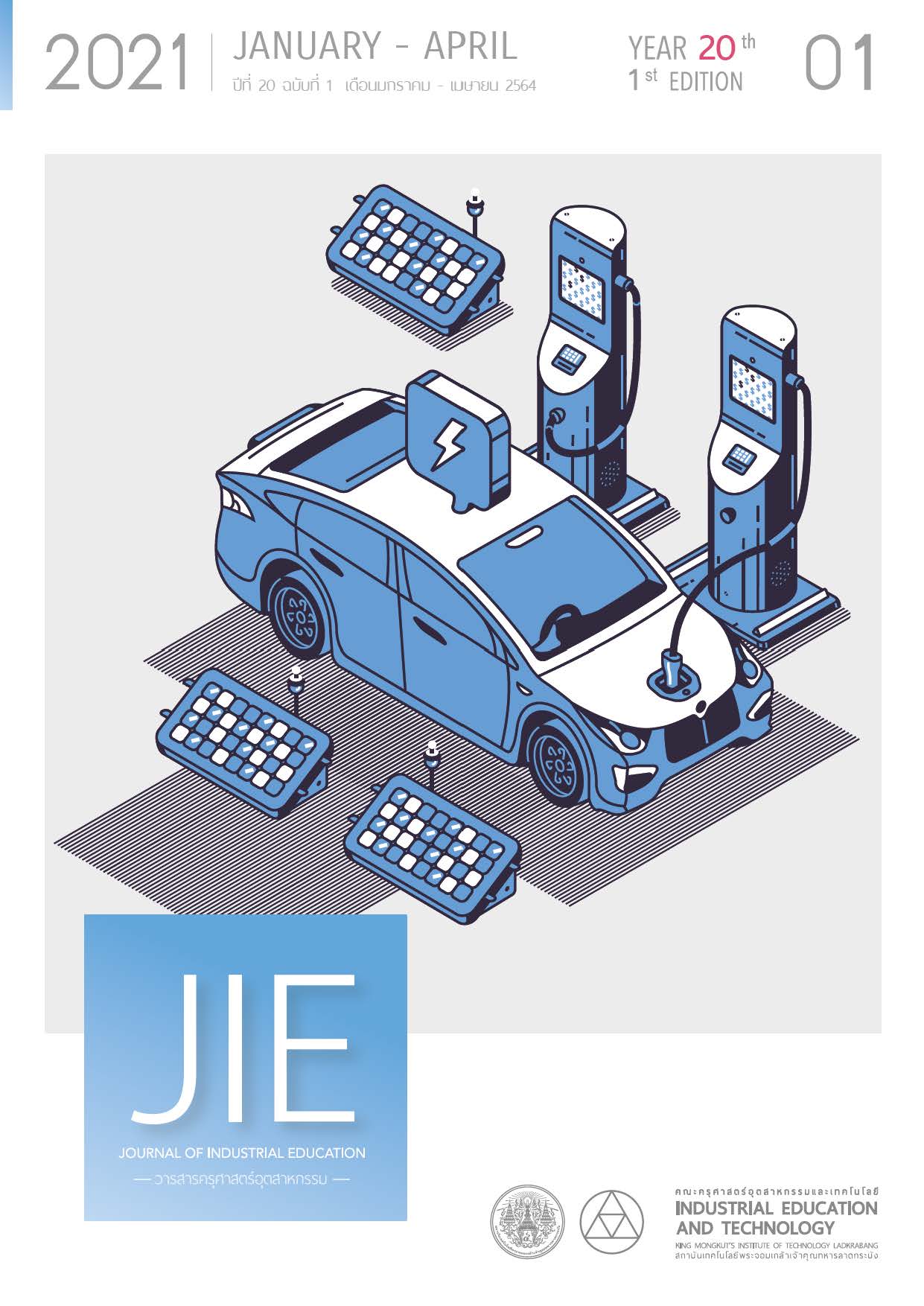PRO-ENVIRONMENTAL BEHAVIOR
Keywords:
พฤติกรรมสิ่งแวดล้อมAbstract
พฤติกรรมสิ่งแวดล้อม เป็นพฤติกรรมในระดับจิตสำนึกที่บุคคลแสดงออกโดยมีเป้าหมายที่จะลดผลกระทบทางลบต่อธรรมชาติและสิ่งแวดล้อมที่มนุษย์สร้างขึ้น เพื่อทำให้ระบบนิเวศเกิดความสมดุล การเกิดขึ้นของพฤติกรรมสิ่งแวดล้อมในช่วงแรก ถูกอธิบายด้วยโมเดลในลักษณะเป็นเส้นตรง ในช่วงต่อมามีนักวิชาการหลายคนได้พยายามอธิบายพฤติกรรมสิ่งแวดล้อมด้วยโมเดลที่มีความซับซ้อนและลุ่มลึกมากขึ้น ทำให้พบว่ามีทั้งตัวแปรสาเหตุภายในและภายนอกคนที่มีอิทธิพลต่อพฤติกรรม รวมทั้งสามารถระบุได้ด้วยว่าตัวแปรเหล่านั้นมีอิทธิพลทางตรง ทางอ้อม หรือทั้งทางตรงและทางอ้อมกับพฤติกรรมดังกล่าว ซึ่งการค้นพบนี้นับว่าเป็นประโยชน์อย่างยิ่งสำหรับการปรับปรุงหรือส่งเสริมพฤติกรรมสิ่งแวดล้อมในบริบทของสังคมไทยและโลกได้อย่างมีประสิทธิภาพต่อไป
References
DEQP, Ministry of Natural Resources and Environment. (2015). How do people make decisions for the environment? Bangkok: Sor Paiboon Printing. 25-35. (in Thai)
Stewart, A. E. (2007). “Individual psychology and environmental psychology.” The Journal of Individual Psychology. 63(1), 67-85.
De Groot, J. I. M., & Steg, L. (2009). “Mean or green: which values can promote stable pro-environmental behavior?” Conservation Letters. 2(2), 61-66.
Kollmuss, A., & Agyeman, J. (2002). “Mind the Gap: Why do people act environmentally and what are the barriers to pro-environmental behavior?” Environmental Education Research. 8(3), 239-260.
Ajzen, I., & Fishbein, M. (1980). Understanding attitude and predicting social behavior. Upper Saddle River, NJ: Prentice-Hall. 5-12.
Julintron, A., Yoelao, D., & Saisombut, P. (2019). “Theory of reason action and theory of planned behavior: an application to business.” Humanities, Social Sciences and Arts. 12(5), 128-145. (in Thai)
Hines, J. M., Hungerford, H. R., & Tomera, A. N. (1987). “Analysis and synthesis of research on responsible environmental behavior: A meta-analysis.” The Journal of Environmental Education. 18(2), 1-8.
Bhanthumnavin, D. (2007). “Interactionism model and approach to hypothesis in field research psycho-behavioral sciences in Thailand.” Journal of Social Development. 9(1), 85-117. (in Thai)
Downloads
Published
How to Cite
Issue
Section
License
"The opinions and contents including the words in papers are responsibility by the authors."
"ข้อคิดเห็น เนื้อหา รวมทั้งการใช้ภาษาในบทความถือเป็นความรับผิดชอบของผู้เขียน"



